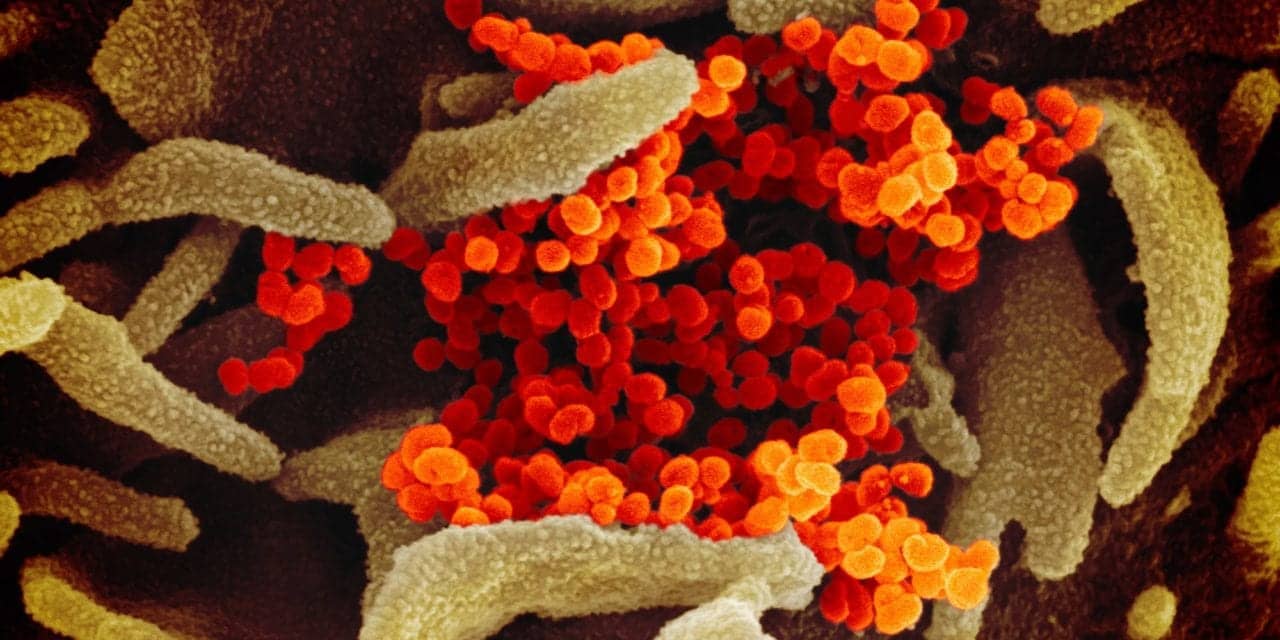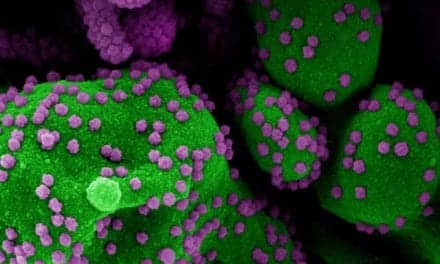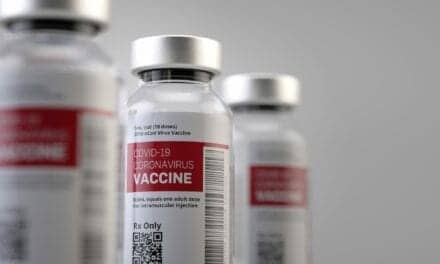An editorial published in the New England Journal of Medicine suggests that a universal masking policy could reduce the amount of virus infected patients are exposed to, which in turn may keep more cases asymptomatic.
“If the viral inoculum matters in determining the severity of SARS-CoV-2 infection, an additional hypothesized reason for wearing facial masks would be to reduce the viral inoculum to which the wearer is exposed and the subsequent clinical impact of the disease,” authors Monica Gandhi, MD, MPH, and George W. Rutherford, MD, write in the NEJM. “Universal masking seems to reduce the rate of new infections; we hypothesize that by reducing the viral inoculum, it would also increase the proportion of infected people who remain asymptomatic.”
In an outbreak on a closed Argentinian cruise ship, for example, where passengers were provided with surgical masks and staff with N95 masks, the rate of asymptomatic infection was 81% (as compared with 20% in earlier cruise ship outbreaks without universal masking). In two recent outbreaks in US food-processing plants, where all workers were issued masks each day and were required to wear them, the proportion of asymptomatic infections among the more than 500 people who became infected was 95%, with only 5% in each outbreak experiencing mild-to-moderate symptoms. Case-fatality rates in countries with mandatory or enforced population-wide masking have remained low, even with resurgences of cases after lockdowns were lifted.










